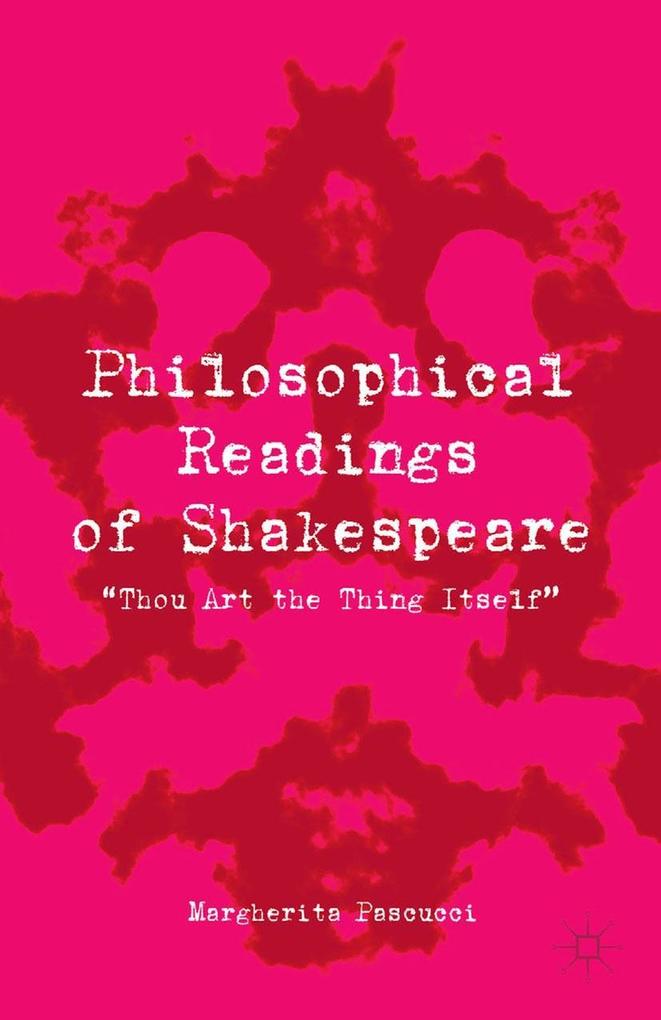Bücher versandkostenfrei*100 Tage RückgaberechtAbholung in der Wunschfiliale

Sofort lieferbar (Download)
This book offers a close philosophical reading of King Lear and Timon of Athens which provides insights into the groundbreaking ontological discourse on poverty and money. Analysis of the discourse of poverty and the critique of money helps to read Shakespeare philosophically and opens new reflections on central questions of our own time.
Inhaltsverzeichnis
Introduction: Shakespeare and Philosophy 1. Allegory and the Combustion of Representation 2. This is I, Hamlet the Dane 3. Macbeth, multitudinous seas incarnadanine: A Grammar of Power, a Grammar of potentia 4. The Bloody Legislation 5. 'Thou art the thing itself' 6. Timon of Athens: 'Thou the common whore' 7. Conclusion
Produktdetails
Erscheinungsdatum
24. Dezember 2015
Sprache
englisch
Auflage
2013
Seitenanzahl
275
Dateigröße
1,06 MB
Autor/Autorin
Margherita Pascucci
Verlag/Hersteller
Kopierschutz
mit Wasserzeichen versehen
Produktart
EBOOK
Dateiformat
PDF
ISBN
9781137324580
Entdecken Sie mehr
Pressestimmen
"This a bravura book, one that has much to teach contemporary Shakespeare studies." - Shakespeare Quarterly
"This difficult but rewarding study focuses on the representation of subjectivityand value in four of Shakespeare's tragedies." - Renaissance Quarterly
"This is an unusual book, a wild book at times, but such is the timely topic of poverty. What drives it to its scholarly and not always scholarly the author calls it 'political' conclusion, is the new sense of history that is imminent in poverty as it is in Shakespeare." - Anselm Haverkamp, New York University, USA
Bewertungen
0 Bewertungen
Es wurden noch keine Bewertungen abgegeben. Schreiben Sie die erste Bewertung zu "Philosophical Readings of Shakespeare" und helfen Sie damit anderen bei der Kaufentscheidung.









